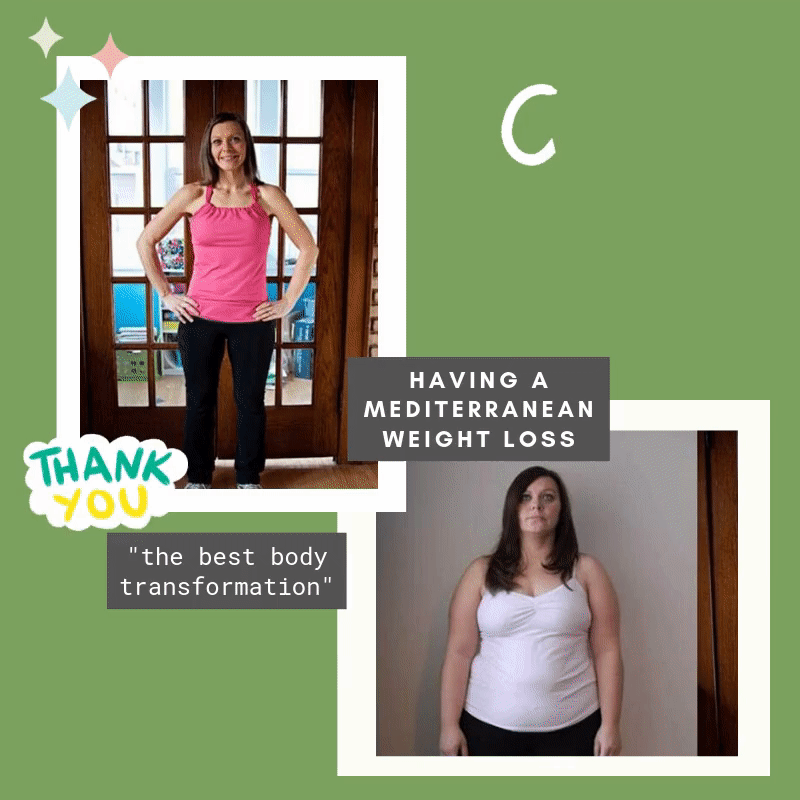How to Use Olive Oil to Get the Most Benefits
May 5, 2023
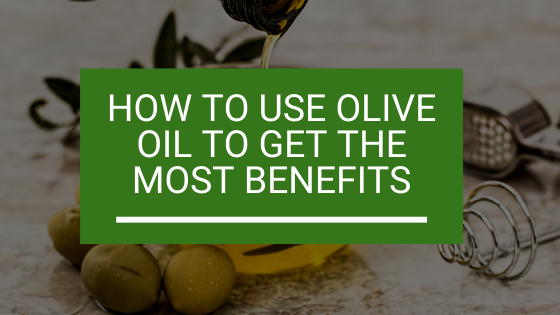
For anyone getting into the Mediterranean diet.
There is lots of information out there when it comes to using Extra Virgin Olive Oil (EVOO).
Here are 4 quick tips to get the most benefits.
1.Olive Oil is best used fresh.
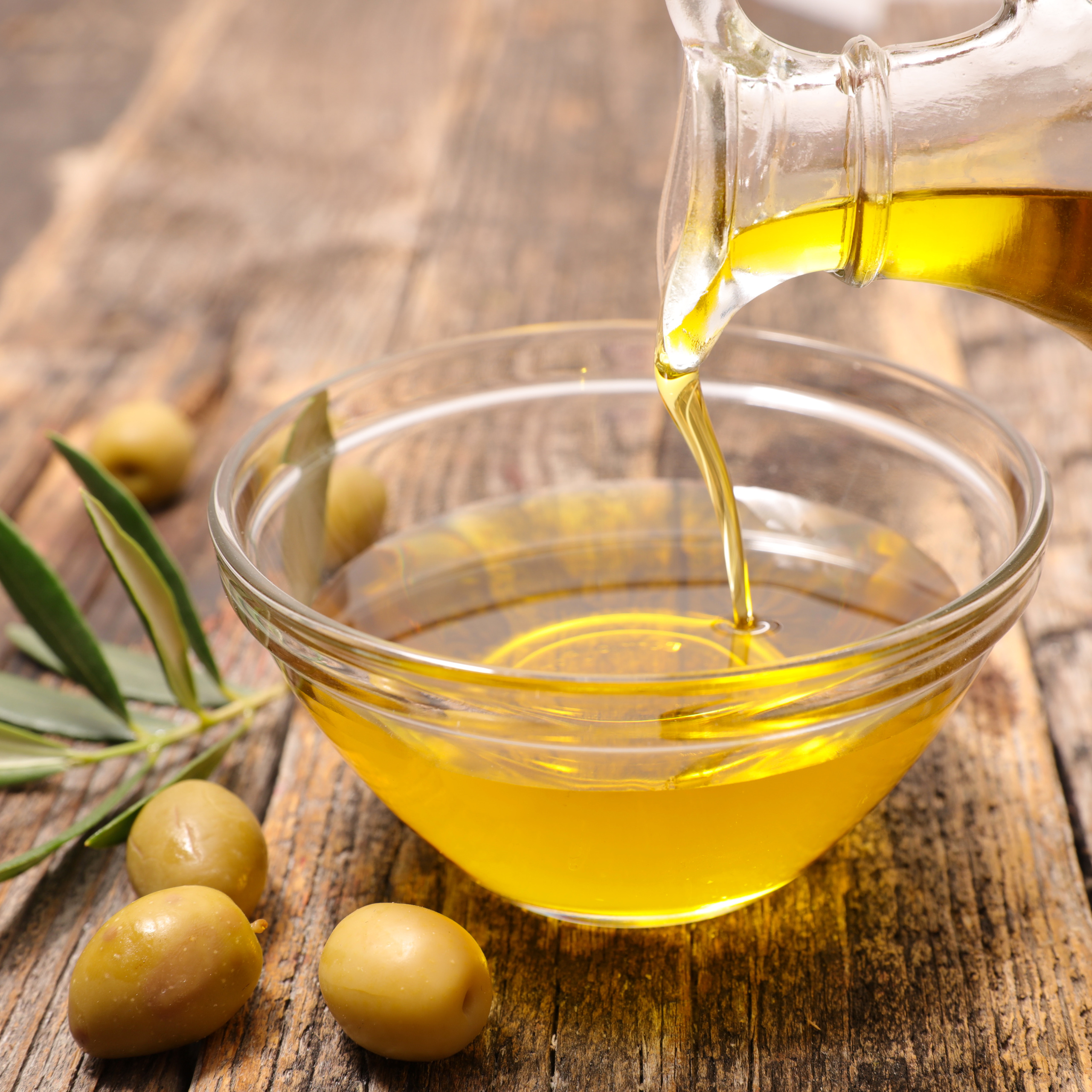
Olives are fruit and olive oil is best when it is fresh.
Best by dates usually are about 18 months to 2 years after harvest, but the truth is you should use your olive oil in a much shorter period than that.
Ideally, use olive oil within one year of harvest.
That is different though from once you open a bottle of olive oil.
An open bottle of olive oil should be used within 3-6 months or less, so make sure you buy as much as you need for that period of time.
Do not buy huge bottles that you will not use for months, remember air and time eventually will lead to loss of antioxidants and flavor. So make sure you use the olive oil in a fairly short time.
If it is part of your regular diet you will not have a problem with storing as you will be using it regularly.
2. Olive Oil is the main source of added fat.
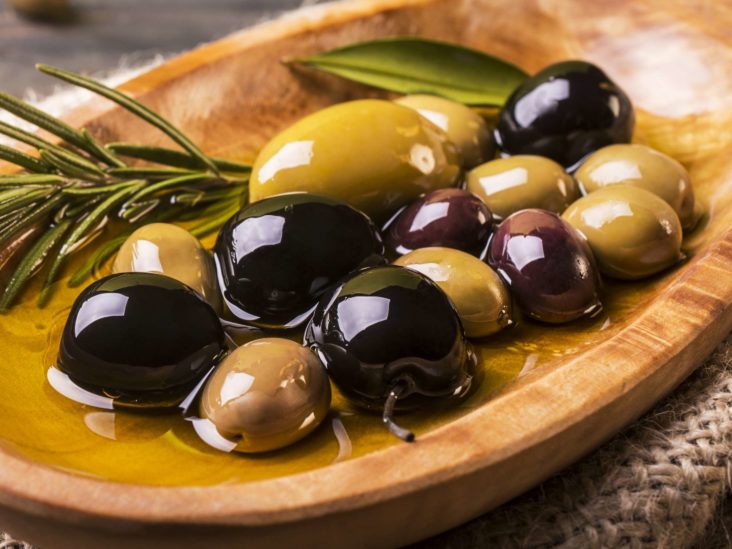
We know that one of the main characteristics of the Mediterranean diet is using olive oil as the main source of fat.
In Greece they use quite a bit of olive oil, studies show that minimally you need 2-3 tablespoons of olive oil a day.
To put this in perspective the average amount consumed in the U.S. is 1 teaspoon a day.
I hear many people wonder: "How am I supposed to consume 2-3 tablespoons of olive oil a day?"
They think it is too much, or that they will gain weight. But when the olive oil consumed within a Mediterranean style diet, you will not gain weight.
That means that you will be eating mostly vegetables as a main course with a bit of bread and cheese resulting in average calorie level.
Here is how we use olive oil on a normal weekday:
For lunch: Which is the largest meal in Greece and takes place between 1 and 3 pm.
They have a typical vegetable dish (lathero), which is made with seasonal vegetables, olive oil and tomato and herbs in a casserole.
In some cases I may roast the vegetables in the oven, again with olive oil. I use about ¼ cup olive oil for 1 pound of vegetables or beans.
This makes about 2-3 servings and corresponds to 1 ½ -2 tablespoons of olive oil per person.
For dinner: Have large hearty salads using whatever is in season (summer: mostly tomatoes and cucumbers and other seasonal greens- winter: spinach, lettuce and other greens) with nuts and cheese and fruit and we will again use at least 2 tablespoons of olive oil.
In the case we eat meat, such as chicken, again it is cooked Greek style in olive oil and tomato or in the oven with potatoes and olive oil.
So with this pattern we usually consume about 2-3 tablespoons a day and the rest of the calories will come from vegetables, some bread (rice, potato or pasta), cheese, yogurt and fruit (and wine).
3. Olive Oil is not only for salads.
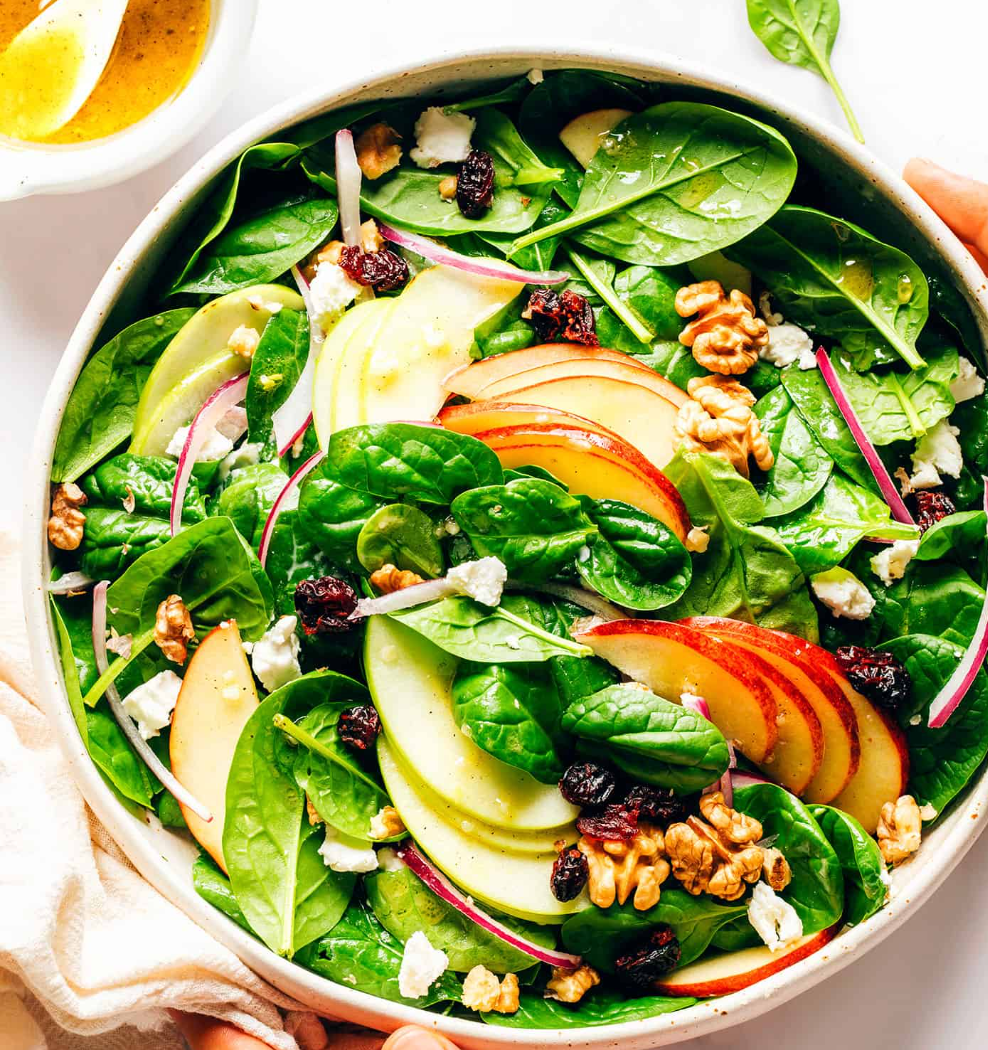
When we say olive oil is the main fat, we do not mean only in salads but as you can see it is used for most cooking needs.
I do understand that some people may not like the taste of olive oil, but honestly in the Mediterranean cuisine, olive oil is part of the flavor of the dish.
Also I will once again, mention that yes you can fry with olive oil, as the smoke point is high enough for home frying needs, and you will not even reach the smoke point which is about 410 degrees F for extra virgin olive oil.
By lightly sautéing, you may lose a small amount of antioxidants but will retain most, so you are definitely still getting the benefits.
4. You should not re-use olive oil.
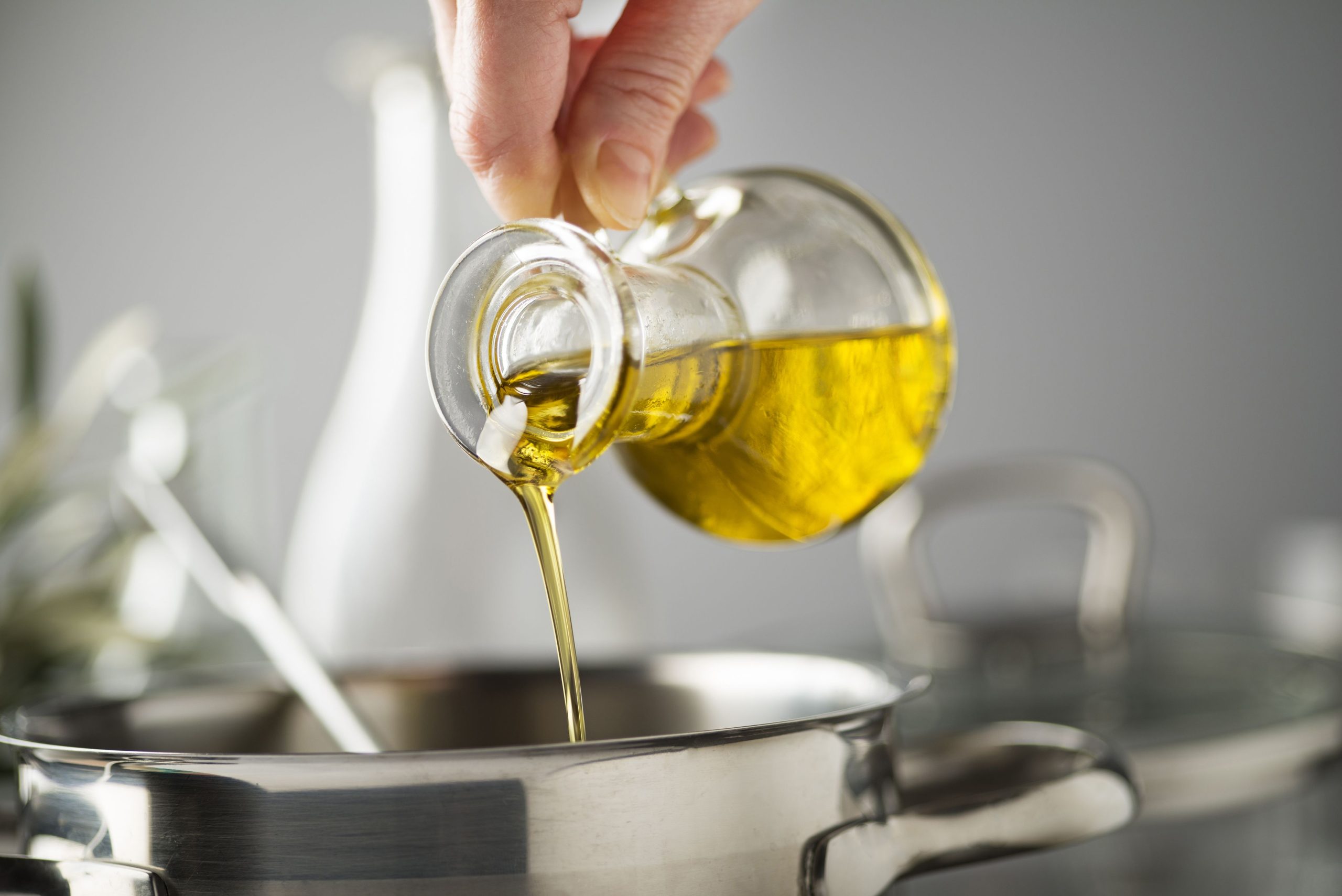
Many people re-use olive oil after they have fried with it, that is a big no-no.
Obviously this used oil will not taste as good, or fresh and the heat oxidizes it as well.
While frying or sautéing the first time with olive oil will cause a small loss of antioxidants, repeated use more than once or twice will cause greater loss of the nutrition and flavor qualities.
A Spanish study published last year, based on information gathered from over 40000 Spaniards, showed that there was no association between eating fried food and coronary heart disease ...
But one of the details was that the food was fried in olive oil and was not reused, in other words they did not fry with the same oil over and over again.
Make sure you dispose leftover olive oil (after frying) correctly. Ideally you want to recycle it.
In Greece there are centers where you can dispose your oil to be used to produce biofuel.
If you do not have that choice, then you can pour it in non-recyclable containers that close well and throw it in the garbage. Do not pour it down the drain and rinse with hot water. This can cause backups in your drain.
Bottom Line:
The Mediterranean Diet is grounded on the principles of consuming olive oil.
So I hope you'll be adding more olive oil especially extra virgin olive oil to your daily diet.
How to get started?
If you like the Mediterranean diet and want recipes to get started.
We do recommend getting The 21 Day Mediterranean Diet Challenge.
It's a weekly Mediterranean Meal Plan, grocery lists and recipes to help you get started.
Let us take all the hard work out of the Mediterranean diet for you! Hundreds of women are experiencing the same struggle you’re going through right now.
- 21-days of meal planning, done for you
- Complete shopping lists, already organized
- No Stress, Feel happier and energetic
Go ahead and click here for The 21 Day Challenge
Want easy Mediterranean recipes and meals that's planned for you?
© {2023} The Mediterranean Eats. All rights Reserved | Privacy Policy | Disclaimer

